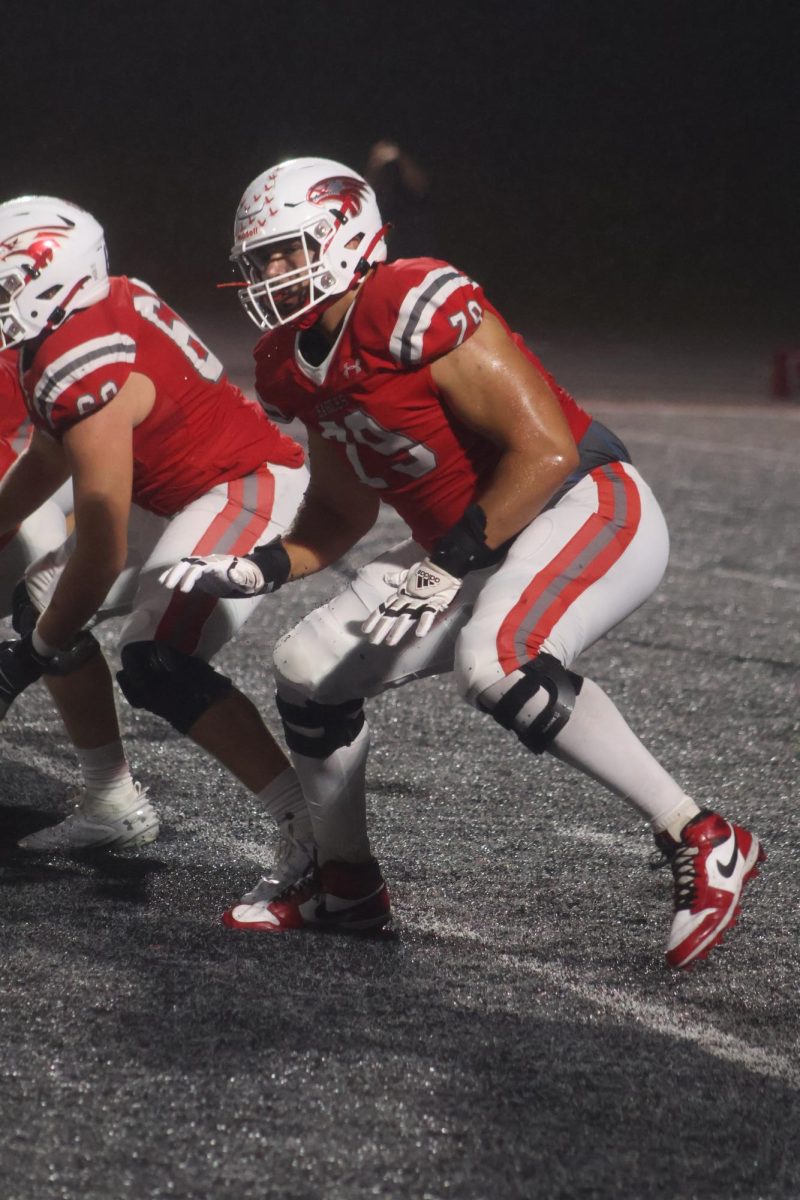This is Brenna Grauf with EagleAir Radio. Thanks for joining today. At NHS, there are many clubs, but one of the most beneficial is Cooking Club. Kids learn how to cook lots of new recipes and practice for later in life when they may need it. Ashley Newberry, the family and consumer scientist teacher, and the official leader of Cooking Club, tells us when meetings occur and who participates.
Speaker 2:
We meet on Mondays typically from 2:45 to 3:30, and I guess the exception would be if it’s a longer lab. We have one long lab a month and we meet until four o’clock. It’s just a group of students interested in cooking any grade. They don’t have to have had a fax class or a foods class, and it looks like just a random group of kids that are making different foods.
Speaker 1:
She also explains how she chooses her recipes.
Speaker 2:
Student interest. A lot of times students will email me something they would like to make and it might be something they demonstrate to the group, and then the group splits up and makes their own, or we add it to the menu. It’s usually based on a theme, so like last week was our Thanksgiving meal. In December, we’ll do more Christmasy things. Sometimes we do an international theme where everybody makes something for a different country. It just kind of depends on what students want.
Speaker 1:
Newbury says how it will impact kids later in life.
Speaker 2:
Oh, I think cooking skills, that’s just a major life skill. No matter, even if you’re not going to work in food, you’ll be cooking for yourself at least, and it’s good to know how to not only make food and put together flavors, but also to do it safely and to know how to clean up properly too. It’s important.
Speaker 1:
Newbury tells how it started.
Speaker 2:
Well, as far as cooking club goes, several years ago a student asked me if he could start a cooking club and asked if I would sponsor it. I think it was back in 2020 maybe, and I said yes, and he applied, you have to make an application to the activity director to start a new club, and I agreed to sponsor it.
Speaker 1:
She then says how it’s similar and different from facts.
Speaker 2:
I think as far as the cooking groups in facts classes, so international foods, advanced foods and facts and nutritional wellness. Students are grouped up in kitchens and we try to keep the numbers at six students per group or less often. We’ll go over the recipe and then students will go make the recipe, which is what we do in those classes. Typically, how it’s not similar is usually we have several weeks of food safety and just basic recipe knowledge and kitchen math, and they have to take a big test. We’re in cooking club, we’re talking and then cooking the first day.
Speaker 1:
I would like to thank Mrs. Newberry for her help and thank Audionautix.com for the music. Thank you for listening in and I hope you have a great day.





